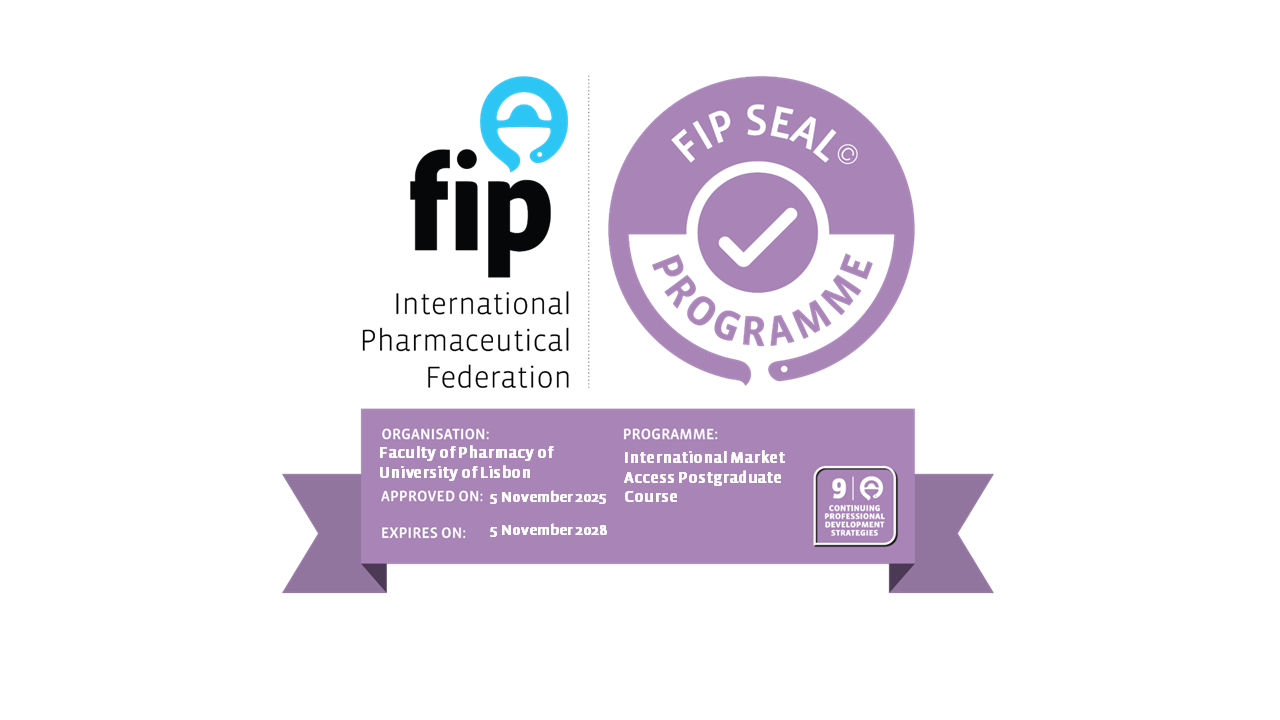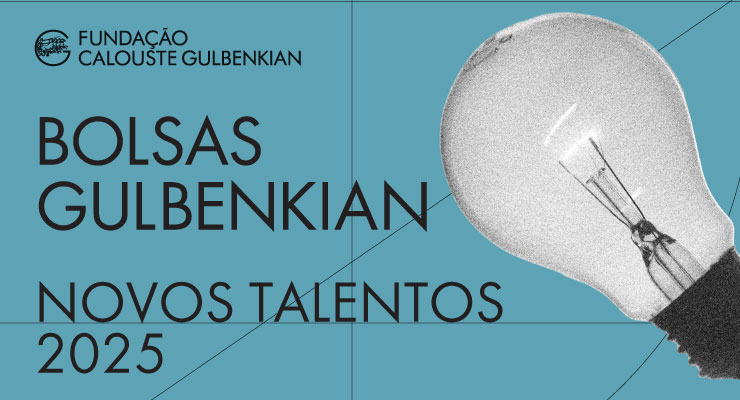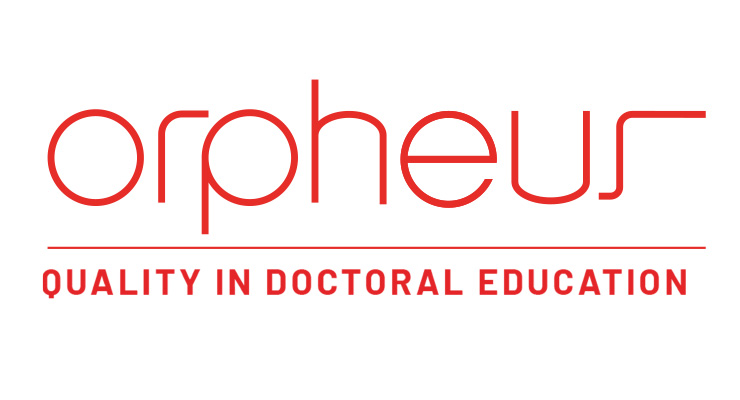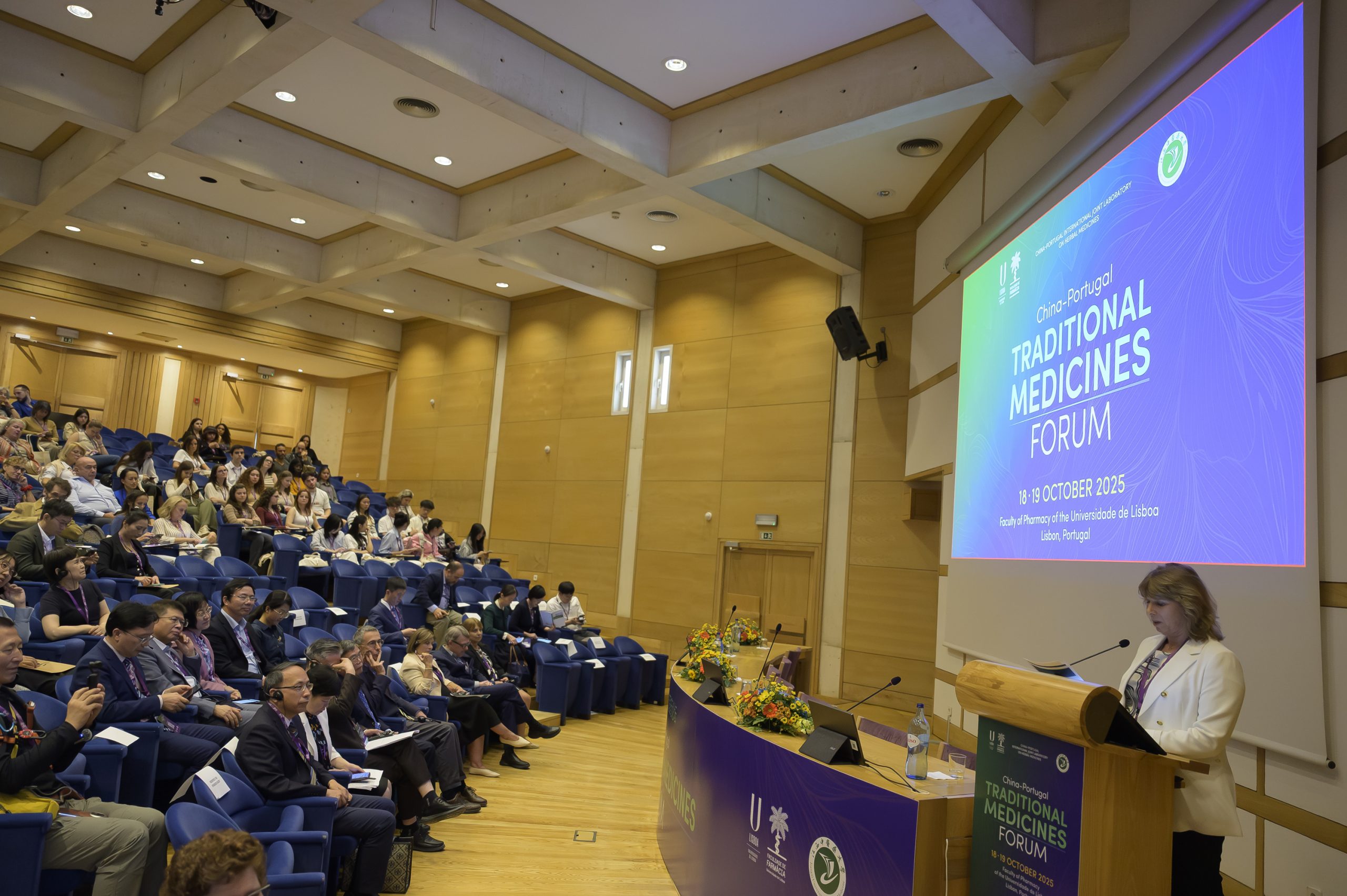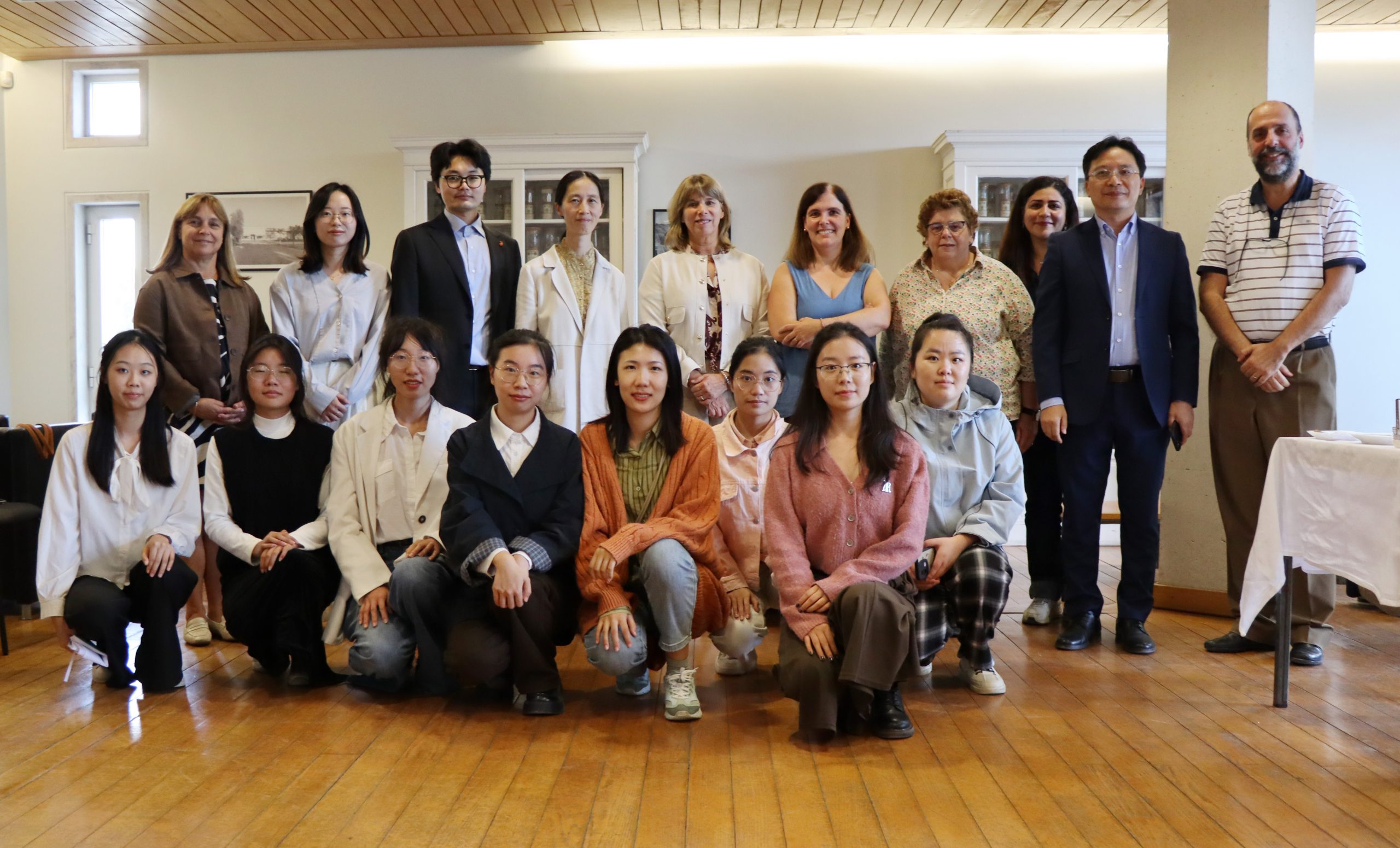The article “Adaptive Optimization of Chemical Reactions with Minimal Experimental Information” written by Tiago Rodrigues – together with researchers from the Institute of Molecular Medicine (iMM), University of Cambridge and the Massachusetts Institute of Technology (MIT) – was published on November 11th, 2020, in Cell Reports Physical Science.
The manuscript stems from a study, coordinated by Tiago Rodrigues, with the goal of developing “artificial intelligence for the optimization of chemical synthesis protocols using a small volume of data. The software, dubbed LabMate.ML, is freely accessible and has shown superior ability to PhD-level experts in recognizing patterns leading to optimized protocols. ”
According to Tiago Rodrigues, “this software can be used on personal computers and typically takes 5–10 minutes to suggest experiences”. The study was carried out with essentially three purposes: 1) to show that it is possible to obtain statistically relevant machine learning models in low data regimes; 2) show that the technology can augment expert knowledge and free them for other, less routine tasks and 3) show that active artificial intelligence can be widely applied to the chemical sciences ”. The FFUL Invited Assistant Professor points out that “active machine learning is not exclusive to chemistry problems and that the same or similar architectures can be applied to the most diverse areas of the development of medicines and high-value materials, increasing throughput and efficiency ”.
The technology underlying this study is being further improved, and it is expected that it will be “even more efficient”. In addition, through a collaboration with Hovione Farmaciência SA, LabMate.ML is being integrated “into a prototype for full automation of chemical synthesis.”


